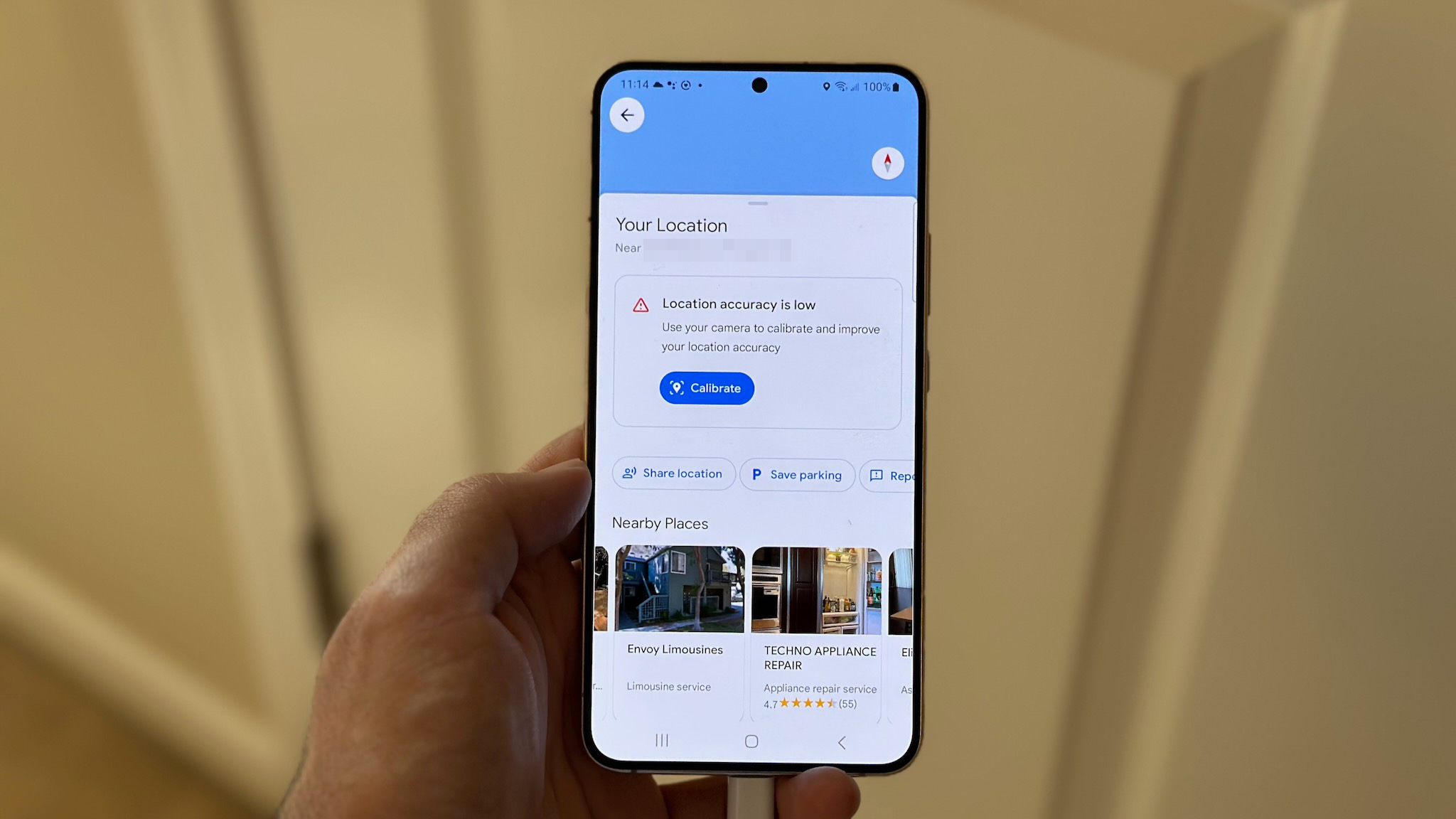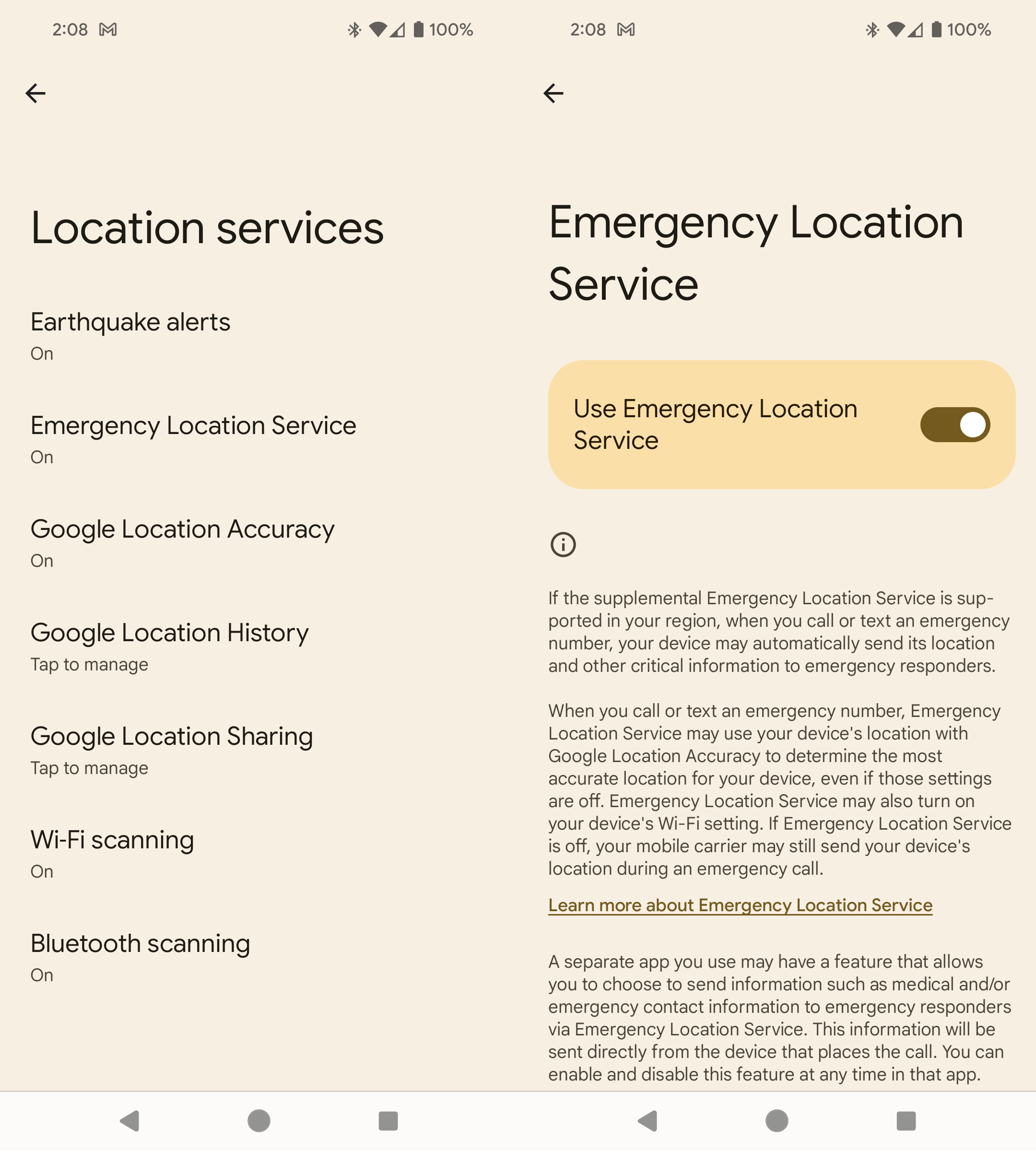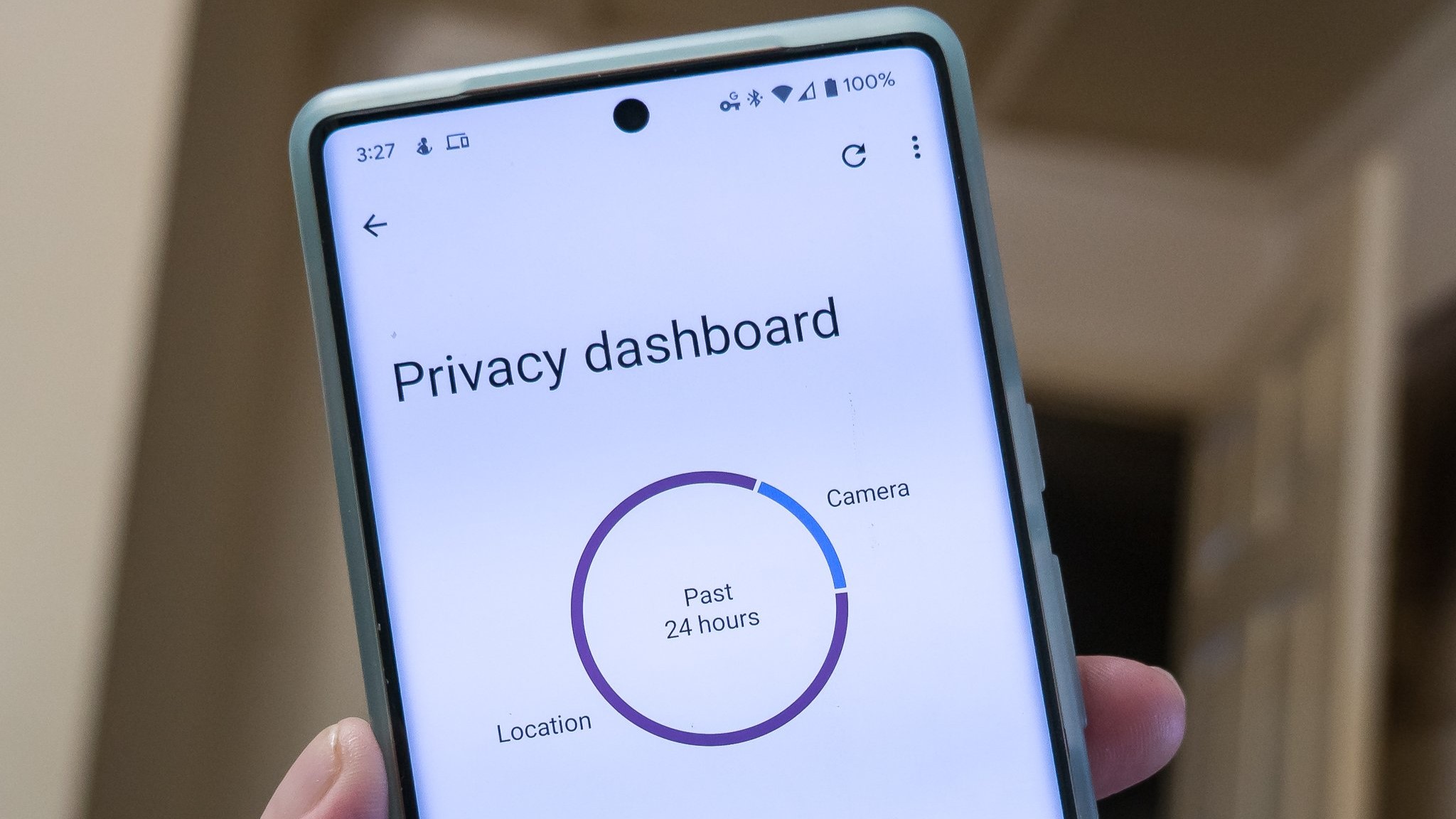Ask Jerry: Making sense of Android's Location Settings
Let's talk about tech.

Welcome to Ask Jerry, where we talk about any and all the questions you might have about the smart things in your life. I'm Jerry, and I have spent the better part of my life working with tech. I have a background in engineering and R&D and have been covering Android and Google for the past 15 years.

Ask Jerry is a column where we answer your burning Android/tech questions with the help of long-time Android Central editor Jerry Hildenbrand.
I'm also really good at researching data about everything — that's a big part of our job here at Android Central — and I love to help people (another big part of our job!). If you have questions about your tech, I'd love to talk about them.
Email me at askjerryac@gmail.com, and I'll try to get things sorted out. You can remain anonymous if you like, and we promise we're not sharing anything we don't cover here.
I look forward to hearing from you!
What's up with all the different location settings on my phone?

Caleb asks:
I just bought a Pixel 8 and am a little confused at the location settings screen. What is Google Location Accuracy? Do i need to enable Wi-Fi and Bluetooth scanning? I just want to make sure my phone can tell a 911 operator where it is if i ever need to call.
It's been a while since i had a new phone so I want to make sure I get everything right. Thanks!
Be an expert in 5 minutes
Get the latest news from Android Central, your trusted companion in the world of Android
I'll be honest, this is something that I haven't looked at in a while and I can see why you might have questions — it's a mess! I'm going to assume an Android update made the changes and put all the options out there, and in typical Google fashion, there isn't much to explain them.
The good news first: making sure emergency services can locate you is now easier than ever because there's a single dedicated option for it.
The bad news is that some of this may be changing again as part of the changes expected to come with Google's Find My Device network. In the meantime, let's take a look at how it works today.
On your Pixel phone, it's called Emergency Location Service for your Android device. It should be labeled as something similar on another brand and every phone with Android 12 or higher and Google Services support should have a setting for it.
If you tap to open the settings choice, you can toggle it on or off. When it's on, any time you call or text an emergency number, anything that helps get a more precise location for you can be turned on. That location data is forwarded to an "authorized emergency partner" who will tell emergency services where you are located.
Note that this means a trusted (by Google) third party gets the data, uses it to get your actual location, and then sends it to emergency services. The operator you're calling isn't (and probably can't) interpret the data themselves.

Like me, you sound curious about how this works with Google Location Accuracy, Wi-Fi scanning, and Bluetooth scanning. ELS will turn these things on, then turn Wi-Fi and/or Bluetooth on to use them if needed. The documentation doesn't say it will turn them off afterward, though, and I can't test that without actually trying it; I can't just call 911 and say "I wanna test something." I assume it doesn't turn them off and you should do that manually if you don't want them enabled. Either way, it's the last thing you should worry about if there is an emergency.
But what are those services? There is documentation about that and I climbed into that rabbit hole because this is the sort of thing l love learning about!
Google Location Accuracy: When Google Location Accuracy is off, your phone uses GPS radios and local sensors like the accelerometer or barometer to determine your location. When turned on, Wi-Fi and your mobile data network are used in tandem with GPS and sensor data.
This can be set on a per-app basis, too. If you use an app that requests location, choose precise to use Google Location Accuracy, or approximate to disable it.
Wi-Fi and Bluetooth scanning: When these settings are enabled, your phone will periodically scan for existing Wi-Fi access points or Bluetooth devices. Many APs and Bluetooth beacons are in known locations so scanning for them could tell an app you're 50 feet away from the steps of the Lincoln Memorial, for example.
You don't need to connect to anything because your distance away from a known access point or Bluetooth beacon can be determined by signal strength alone.
When your phone uses all these methods to determine its location, it can be done much faster and more accurately than with GPS alone. GPS and sensors are still helpful, but knowing you're close to something like a known Wi-Fi AP narrows things down quickly.
Which should I choose?

I can't tell you what you might want to do when it comes to your location, how it's tracked, and who you share it with. You should do what feels most comfortable to you and not listen to anyone on the internet who says you have to do something. I can tell you what I do, and why though.
I value my privacy and do not want my location shared with just any person or company. Having said that, I leave everything enabled.
This is because of Android granular Location permission. When an apps wants to use your location you have a few choices — you can tell it no, never. You can tell it only when I want to use this app, and you can tell it to only use an approximate location.
I think this is where someone can be more choosy about sharing their data. Leaving everything enabled means I can get a fast and precise location if and when I need it, but only if and when I need it. the Lowe's app can pound sand and I'll enter my location manually.
You'll find people who think differently, and you should listen to what they are saying, too. The most important thing is that you know almost every app or website out there wants to try and track your location and you have ways to limit who can do it and how.
In any case, we should all leave Emergency Location Service turned on in case we need it. Better safe than sorry.

Jerry is an amateur woodworker and struggling shade tree mechanic. There's nothing he can't take apart, but many things he can't reassemble. You'll find him writing and speaking his loud opinion on Android Central and occasionally on Threads.
You must confirm your public display name before commenting
Please logout and then login again, you will then be prompted to enter your display name.
